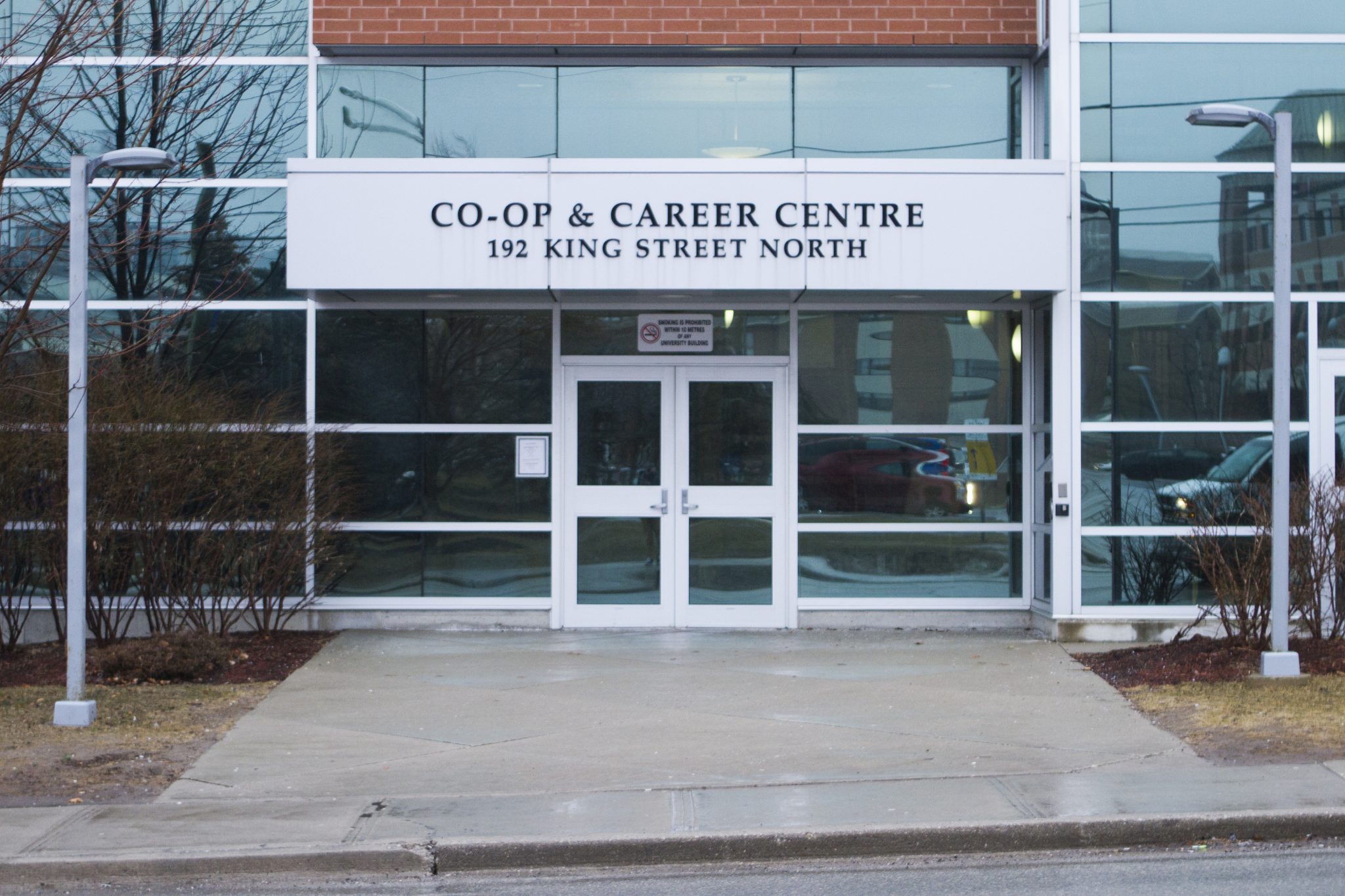Laurier emphasizes experiential learning through Navigator website


Wilfrid Laurier University has made some changes to its Navigator website, the online hub where students and alumni can track experiential learning and find employment opportunities.
The new site incorporates the previously separate webpage dedicated to maintaining each student’s co-curricular record.
“What we’ve done is bring in the co-curricular record, and re-branded it as the ‘Laurier Experience Record’,” Jan Basso, Laurier’s assistant vice-president: experiential learning & career development, said.
“In terms of the experience record, it will cover the experiential learning opportunities students have had, curricular and co-curricular, but it also does include all those certificates that you can develop or participate in at Laurier as well,” Basso said.
Examples of those certificates include the Career Development Certificate, the Money Management Certificate, and the Diversity and Equity Certificate, all of which students can earn by attending the relevant events and workshops.
Further, the new system has a built-in mechanism that allows students to reflect on their experiences.
“So when you complete the experience, you have the opportunity to really think about what it is really that you learned. So we want to enhance the learning that takes place in all of these experiences,” Basso said.
“Co-op has a reflection process and a work-report that has to be developed, community service learning goes through a reflection process as part of the course.”
Laurier’s new Navigator website represents the locus of these efforts. Developed by the software development company Orbis Communications, it is intended to facilitate students’ experiential learning.
“But there are a lot of other activities where, when students log and enter them for their co-curricular record, there will be a series of five questions that we want them to think about around reflection, so that when they complete the experience, they are better able to articulate the competencies that they developed and what the meaning of that experience was for them.”
Enabling students to seek out and leverage experiential learning opportunities in these ways is a trend that many Canadian universities have been following.
“Experiential learning within curriculum is a pedagogical practice that is being embraced across the country. The Ontario government has put a very strong emphasis on experiential learning as a result of some reports that were done for them,” Basso said.
“One being the ‘Building the Workforce of Tomorrow’ report that recommended that every student at a post-secondary institution have at least one experiential learning opportunity.”
That report, commissioned in 2015 by Premier Kathleen Wynne, focused on how students can be best equipped to succeed in today’s economy.
“We are trying to ramp up the number of opportunities that are available to students, so that they really can have those opportunities and acquire more knowledge, develop skills, clarify values, think about career options, become much more self-aware,” Basso said.
Laurier’s new Navigator website represents the locus of these efforts. Developed by the software development company Orbis Communications, it is intended to facilitate students’ experiential learning.
“Last April we made the announcement that we were the first partner with Orbis in Canada on this experiential learning platform. Subsequent to that, a number of schools have now decided they’re going to do the same thing,” Basso said.
“But we’re going to be the first to launch at Laurier, which is kind of exciting for us.”
Orbis also happens to staff some former Laurier Golden Hawks.
“Two of the partners at Orbis are former Laurier students, one was our Students’ Union president and one was the Chair of the Board of Directors of the Students’ Union,” Basso said.

